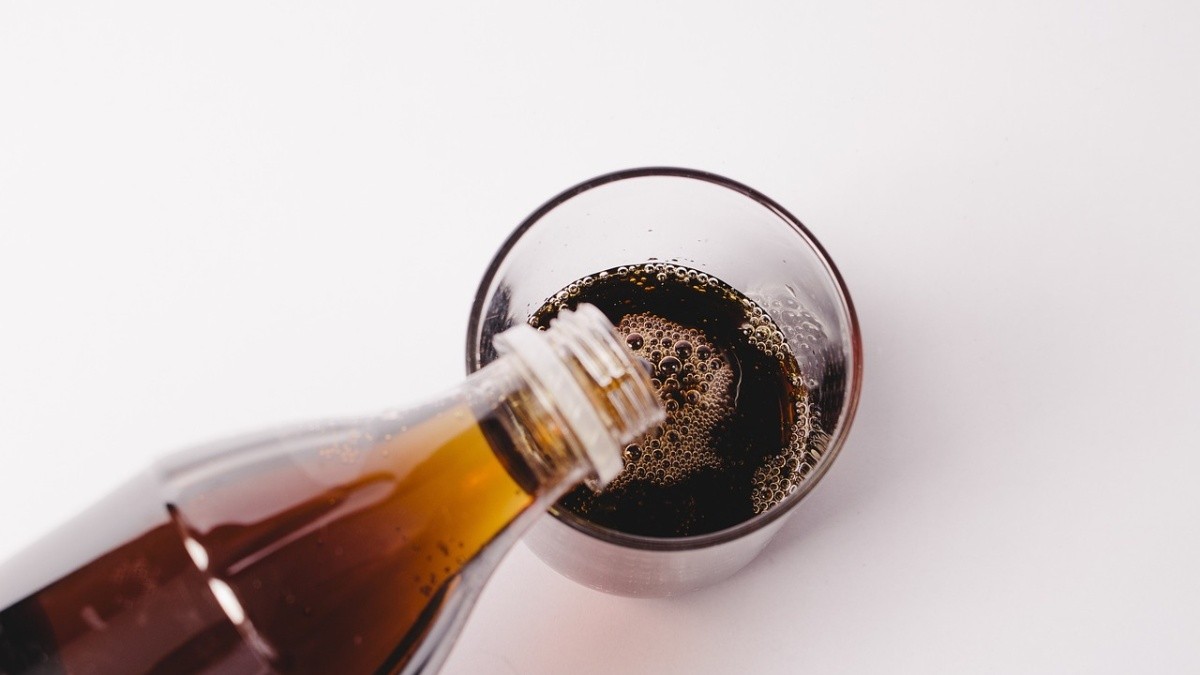Drop the Fizz: Experts Reveal How Quitting Diet Soda Enhances Heart and Gut Health

For many, the appeal of diet soda is undeniable: all the familiar fizzy sweetness, none of the sugar or calories. It's been a staple in diets worldwide, seen as a smart swap for its full-sugar counterparts. Yet, as our understanding of nutrition and the complex interplay within our bodies grows, a different picture is emerging. A growing chorus of health experts is suggesting that regularly consuming diet soft drinks might not be as benign as once thought, with specific concerns arising for two vital aspects of our health: the heart and the gut.
"The science around artificial sweeteners and their long-term impact is still evolving, but we're seeing more and more signals that they may not be the 'free pass' we once assumed," explains Dr. Lena Karlsson, a nutritional scientist and gastroenterologist. "What's clear is that what we put into our bodies has ripple effects, and diet sodas are no exception when it comes to systems as crucial as our cardiovascular and digestive health."
Let's explore why experts are now advocating for a break from diet soda and the potential benefits you might experience:
The Heart of the Matter: Cardiovascular Concerns
While direct causation is still being thoroughly investigated, numerous large-scale observational studies have linked regular consumption of artificially sweetened beverages to adverse cardiovascular outcomes.
Potential Link to Heart Disease and Stroke: Some studies have shown an association between daily diet soda intake and an increased risk of heart attack and stroke. The mechanisms aren't fully understood, but hypotheses include changes in blood vessel function, increased inflammation, and altered glucose metabolism.
Impact on Blood Sugar Regulation: Counterintuitively, some research suggests that artificial sweeteners might disrupt how our bodies regulate blood sugar and insulin, even without providing calories. This could potentially contribute to metabolic syndrome, a cluster of conditions that includes high blood pressure, high blood sugar, and abnormal cholesterol levels – all risk factors for heart disease.
No "Weight Loss" Benefit for the Heart: Many turn to diet soda for weight management, aiming to improve heart health indirectly. However, studies have not consistently shown that switching to diet soda leads to sustained weight loss, and if it doesn't help manage weight, it may not deliver the anticipated cardiovascular benefits.
What Happens When You Quit: By removing artificial sweeteners and the potential metabolic disruptions they might cause, you're taking a step towards reducing potential cardiovascular stressors. When coupled with a shift to water or other unsweetened beverages, you're also naturally improving hydration and potentially reducing overall processed food intake, both of which are positive for heart health.
The Gut Feeling: Restoring Balance
The human gut microbiome – the trillions of bacteria living in our digestive tract – plays a profound role in everything from digestion and nutrient absorption to immune function and even mood. Experts are increasingly concerned about how artificial sweeteners might be impacting this delicate ecosystem.
Disrupting Gut Bacteria: Preliminary research, though much of it from animal studies, suggests that some artificial sweeteners can alter the composition and function of gut bacteria. A healthy gut thrives on diversity, and disruptions could lead to an imbalance, potentially favoring less beneficial bacteria.
Inflammation and Permeability: An imbalanced gut microbiome can contribute to inflammation in the gut lining and potentially increase gut permeability (sometimes referred to as "leaky gut"), which is linked to a range of health issues beyond digestion.
Impact on Appetite and Cravings: An unhealthy gut can also influence satiety signals and cravings, potentially leading to increased appetite and a desire for more processed foods, creating a vicious cycle.
What Happens When You Quit: Removing artificial sweeteners gives your gut microbiome a chance to reset and rebalance. By replacing diet soda with water or fermented drinks like kombucha (in moderation), you're fostering an environment conducive to beneficial gut bacteria. This can lead to improved digestion, reduced bloating, and a healthier immune response.
Making the Shift: Simple Swaps for Better Health
Quitting diet soda doesn't have to be drastic. Many people find success by gradually reducing their intake or swapping for healthier alternatives:
Sparkling Water with Fruit: For the fizz, add a splash of fruit juice, fresh lemon, lime, or cucumber slices to sparkling water.
Herbal Teas: Hot or iced, herbal teas offer a vast array of flavors without added sugar or artificial ingredients.
Infused Water: Add sliced fruits, vegetables, or herbs (like mint) to plain water for a refreshing twist.
Unsweetened Coffee or Tea: If you enjoy caffeine, opt for these without added sweeteners.
While moderation is key for all aspects of diet, listening to expert advice suggests that taking a break from daily diet soda consumption could be a smart move for improving both your cardiovascular health and your gut balance, ultimately contributing to a healthier, more vibrant you.
Post a Comment